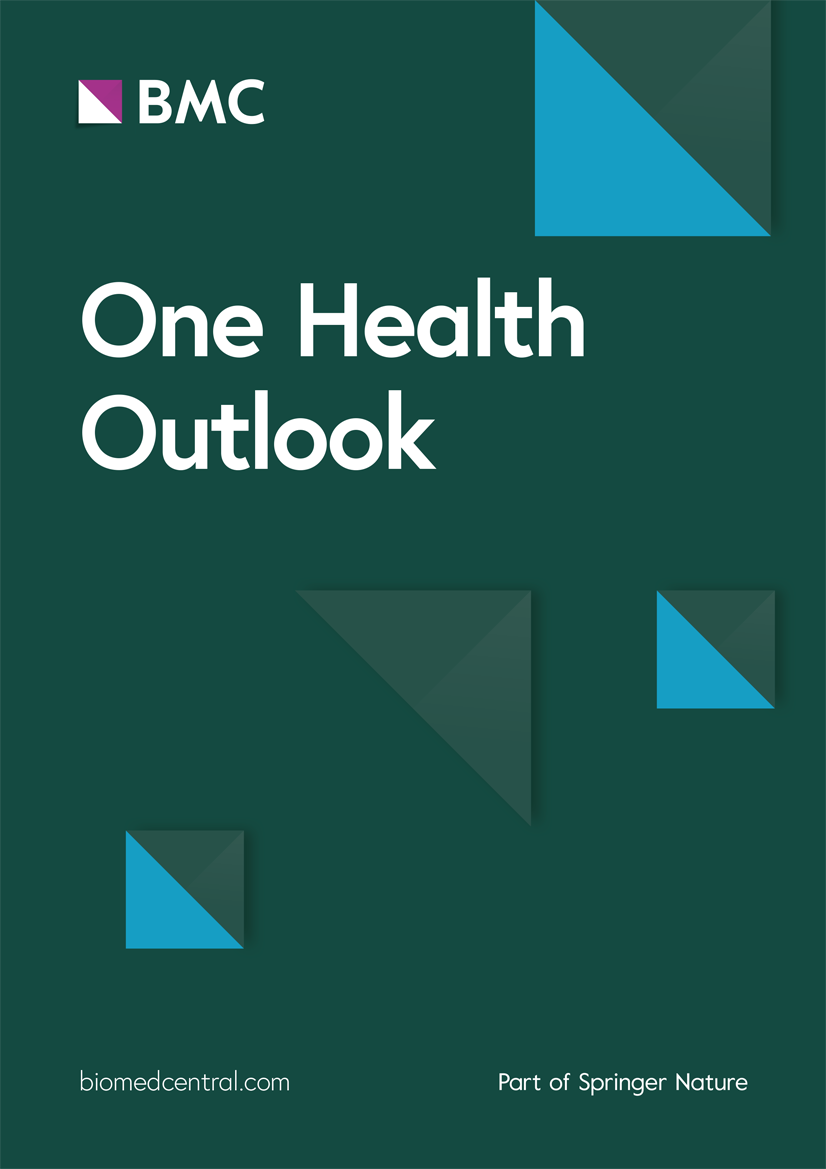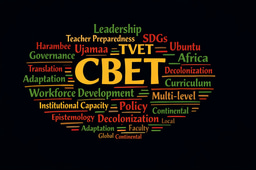What does One Health want? Feminist, posthuman, and anti-colonial possibilities
Published in Social Sciences and Zoology & Veterinary Science
As we reflect on One Health Day 2024, we are called to remember the rising challenges to the interconnected well-being of human and non-human beings. With growing concerns over the climate crisis becoming a matter of public concern, thinking about the future of our shared planet has become a matter of great urgency. One Health is an interdisciplinary approach which welcomes researchers who engage in work that addresses the interconnections between animal, human, and environmental health. Under this umbrella, researchers are encouraged to work across disciplines to address pressing socio-cultural and environmental issues.
In our article, “What Does One Health Want”, we highlight the challenges that One Health faces, as well as the possibilities. For all of its potential, the realm of One Health research is usually rooted within dominant scientific practices, which can downplay or ignore research practices and ways of knowing that fall outside of Western biomedical circles. While this type of research is important for advancement of human public health (e.g., vaccinations and disease tracking) and for understanding of complex biological systems, we lose a great deal when we fail to consider other worldviews in research.
Gaps
We highlight three gaps that stem from the field if it remains rooted primarily within dominant practices: (1) an over attention to medical aspects over sociocultural aspects; (2) the privileging of the human; and (3) the lingering effects of past and current inequitable scientific practices.
1. Medicalization. Like much research, One Health often falls into the trap of concentrating only on the prevalence of disease, and not on socio-political contexts or how lived experiences are actively shaping our lives outside of the biological. This is a point that has been stated by many researchers, who are highlighted more thoroughly within our article. Additionally, One Health often considers only the negative dimensions of health, without considering the positives of the nexus between the human, the animal, and the environment. This undermentioned positive is called “zooeyia” by researchers Hodgson and Darling (2011).
2. Anthropocentrism. One of the largest gaps within much of One Health research is the overemphasis on human health. While the field attempts to focus on the interconnections of health across species and beings there is still an (often unspoken) assumption that it is human wellbeing that is of utmost importance. We can see this even in the definition of One Health, and it’s separation of the human animal from the millions of other animal species that exist. While non-human health is often addressed, it tends to be as a means to measure and promote human well-being above all else.
3. Colonial Capitalism. Researchers across disciplines have acknowledged that research has a traumatic and harmful colonial legacy, which still exists today. This legacy effects everybody, but is especially harmful to those who fall outside of the White cisgendered, able-bodied human from the Global North. When we do not consider the lives and livelihoods across ableist, racialized, sexist, and speciesist lines, then we risk producing research that only benefits a privileged few. Additionally, we point out that One Health is grounded in Indigenous Ways of Knowing, although researchers rarely acknowledge this and tend to twist Indigenous knowledge systems to support a hierarchy which places the Western world at the top.
Possibilities
We propose that One Health would benefit from a greater engagement with the critical social sciences so that it can create a more expansive and equitable model for interconnected health. Critical stances within the social sciences focus on the ways in which power relations shape and reinforce inequities. While we talk about three such positions, we acknowledge the vast and diverse knowledge systems which could also be pulled on to creatively engage with these complex questions.
1. Feminist Care Ethics. We argue that care ethics, particularly ecofeminist care ethics, offers vital paths forward for One Health. This theoretical orientation focuses on relationships and context, while also attending to the power systems in which we live. Theorists in this vein often re-imagine what our world could be like if we focused on our ethical commitments to and with the human and non-human; and how we can better root these commitments within caring landscapes.
2. Posthumanism. We argue that the critical posthumanities also offer rich opportunity for One Health. In this vein, posthumanist researchers consider the ways in which our current classifications (including who “gets” to be human within society) are harmful to everyone. This theoretical orientation unsettles anthropocentrism and considers ways in which we can flourish across categorizations, while also attending to power and injustice.
3. Anti-Colonial. Anti-colonial theories attend to the very real problems of the settler colonial states, and urge research to consider the prevalent impacts of white supremacy (Belcourt, 2014). We argue that One Health needs to engage with Indigenous ways of knowing in ways which cedes leadership and knowledge generation to non-western cultures.
We see potential for One Health as a tool to grapple with the complex issues of today’s world, but we argue that this approach cannot do so unless it comes to head with its historical roots and opens up its boundaries to include and centre diverse viewpoints emerging from outside of the dominant scientific practice. Without critically engaging with what One Health aims to do and who it aims to serve, we conclude that the field risks reifying and repackaging current inequities across human, animal, and environmental lines.
References
Belcourt BR. Animal bodies, colonial subjects: (Re)Locating animality in decolonial thought. Societies. 2014;5(1):1–11.
Hodgson K, Darling M. Zooeyia: an essential component of “One Health.” Can Vet J. 2011;52(2):189–91.
Follow the Topic
-
One Health Outlook

This journal is a new open access journal published by BMC in collaboration with the Global One Health Community.
Related Collections
With Collections, you can get published faster and increase your visibility.
One Health aspects of acute respiratory virus infections of humans and animals
The growing understanding of the intricate connections between human, animal, and environmental health highlights the critical need for a One Health approach in addressing emerging and re-emerging respiratory viral infections. Zoonotic viruses such as influenza, SARS-CoV-2 (COVID-19), and other coronaviruses, as well as common respiratory pathogens like respiratory syncytial virus (RSV), human metapneumovirus (HMPV), and adenoviruses, continue to pose significant public health and veterinary challenges worldwide.
We invite submissions of original research articles, reviews, and case studies that explore various One Health dimensions of acute respiratory virus infections affecting humans and animals. Topics of interest include, but are not limited to- Zoonotic transmission and interspecies spread, Epidemiology and surveillance, Pathogenesis and immune responses, Diagnostic advancements, Prevention and control strategies, Environmental and ecological factors, and Public health and veterinary collaboration.
All submissions in this collection undergo the journal’s standard peer review process. Similarly, all manuscripts authored by a Guest Editor(s) will be handled by the Editor-in-Chief. As an open access publication, this journal levies an article processing fee (details here). We recognize that many key stakeholders may not have access to such resources and are committed to supporting participation in this issue wherever resources are a barrier. For more information about what support may be available, please visit OA funding and support, or email OAfundingpolicy@springernature.com or the Editor-in-Chief.
Publishing Model: Open Access
Deadline: Mar 24, 2026






Please sign in or register for FREE
If you are a registered user on Research Communities by Springer Nature, please sign in